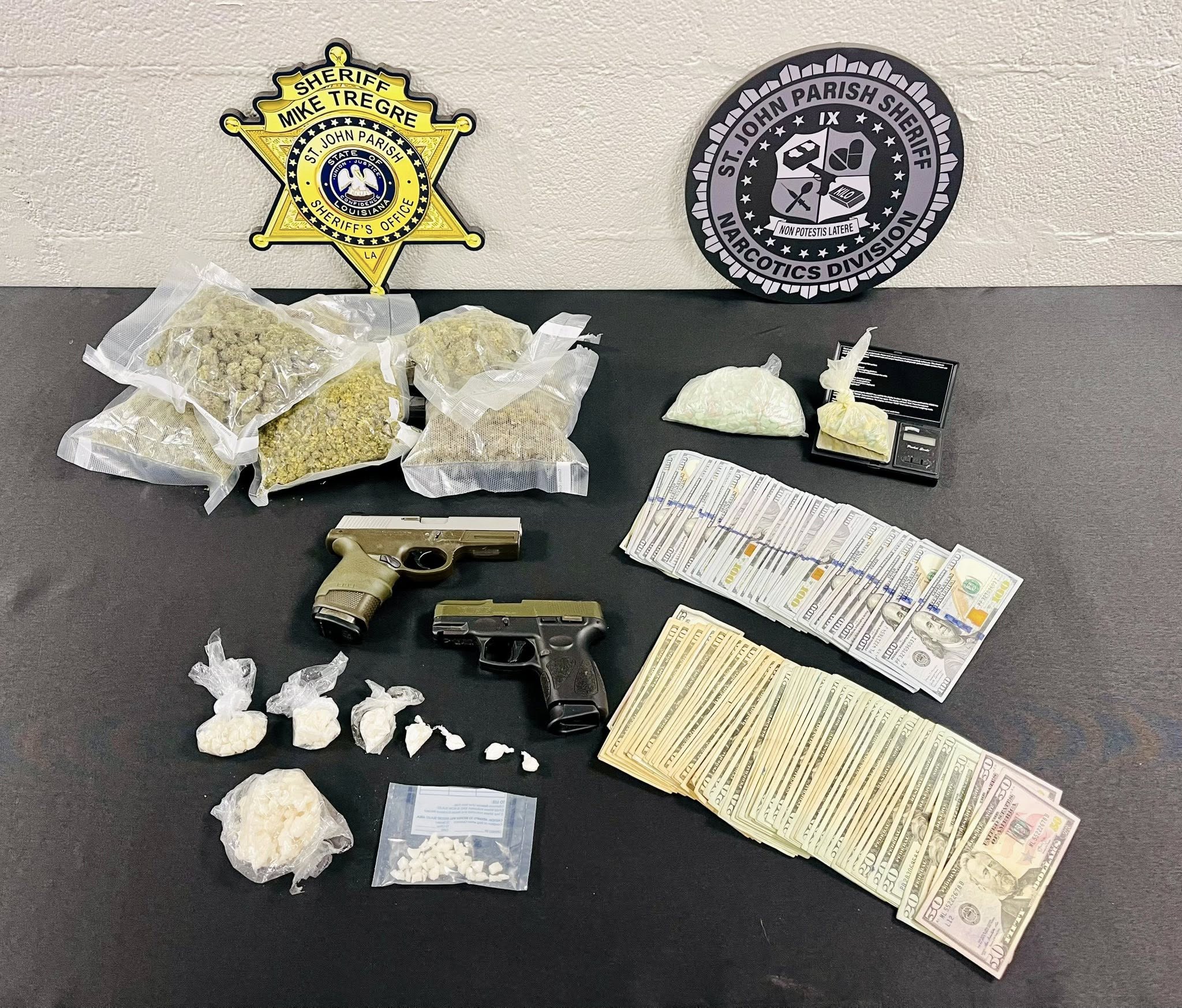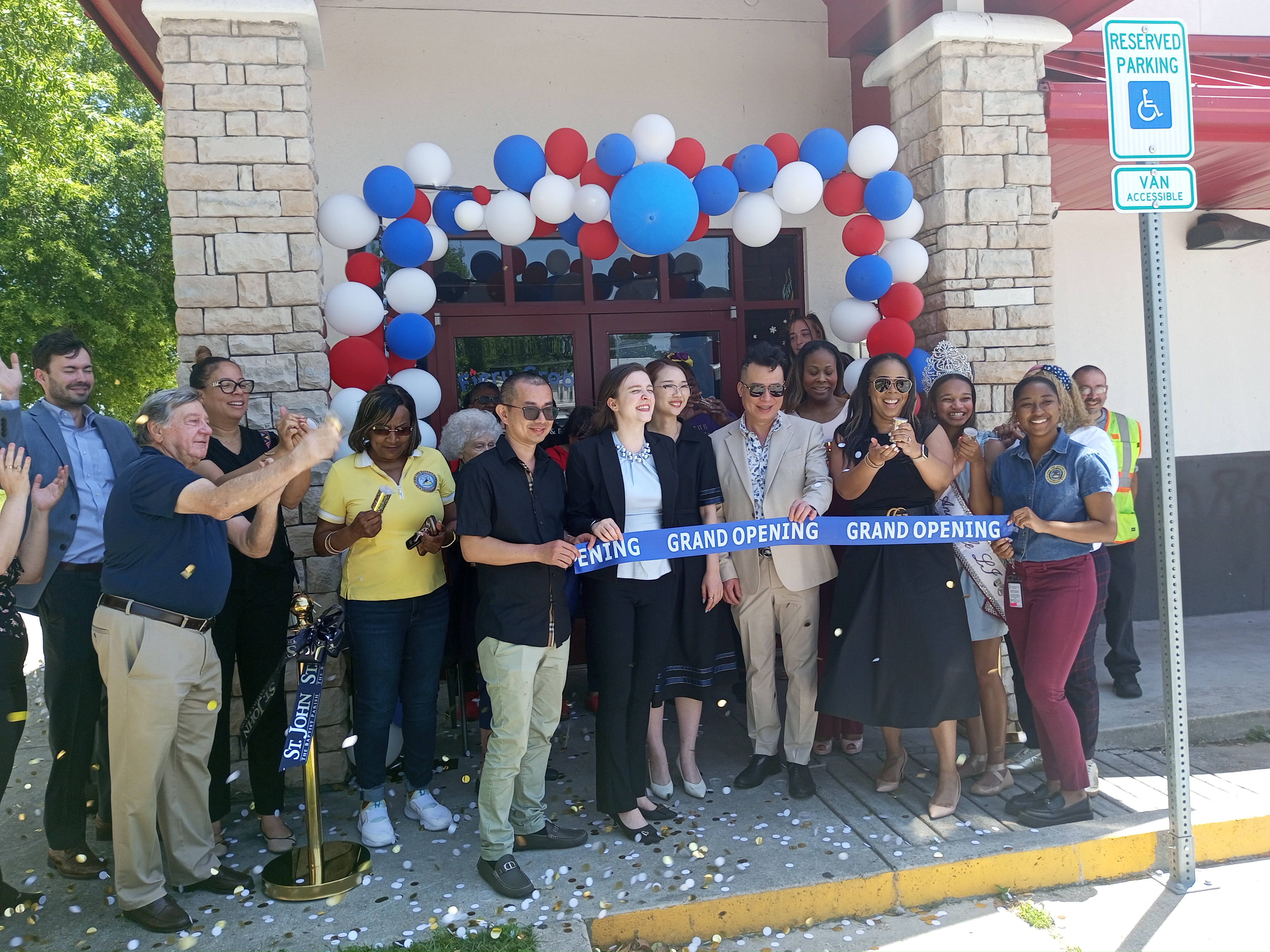The task force stems from legislation introduced last session by Sen. Mark Abraham, R-Lake Charles, that aimed to give judges some discretion in sentencing for second-degree murder, which currently comes with mandatory life without parole.
The legislation, Senate Bill 112, was sidelined by concerns about the potential impact on other crimes, with the Legislature instead passing Senate Concurrent Resolution 45 to form the task force to study the issue and produce recommendations for the legislature.
“A lot of people felt there was room to have life without parole, but the devil is in the details,” Abraham said at the meeting on Thursday. “Hopefully we can kind of come together and figure where do we land, where do we have common ground.”
Kerry Myers, executive director of the Louisiana Parole Project, argued under current law the punishment for second-degree murder isn’t equitable based on participation in an event.
“Right now, we have a felony murder law … (with) people convicted of second-degree murder who did not commit the actual homicide, weren’t involved in planning a homicide, had no intent to commit that homicide,” Myers said, “but under the law as it stands now, they’re equally culpable if they were involved in the felony that led to that homicide and they’re getting sentenced to mandatory life without parole.”
“The other issue is for 40 years we’ve taken discretion away from judges,” he said. “I think this is also an issue about restoring some discretion.”
Loren Lampert, executive director of the Louisiana District Attorneys Association, noted that Abraham’s SB 112 required changes to 33 state statutes to discern between passive participants with no intent and active participant who actually carried out murder.
“There’s a lot of parts layered on top of this,” he said. “One of things we really have to agree on is some definitions moving forward. … I think what we need to discuss the difference between intentional murder and non-intentional murder.”
“Some of these people are oversentenced, and this needs to be done,” she said.
Chief Deputy Attorney General John Sinquefield noted that 149 life sentences have been commuted in the last 90 months, suggesting “the people who deserve to get out don’t end up doing life without parole.”
Sinquefield argued drug dealers who sell drugs that ultimately kill people would be among those who would benefit from potential changes the most.
“These people destroy people’s lives,” he said. “I don’t think it’s the time to send the message out to the Legislature that we’re becoming more permissive of second-degree murders.”
Tony Marabella, who has served as a judge, district attorney, public defender, and on the parole board, was among those who “think the second-degree murder statute needs to be looked at … because it doesn’t appear that it is equitable.”
“There are crimes in there that are unintentional,” he said. “It really does take away the discretion from a judge to be able to distinguish those persons.”
Others including Department of Corrections Chief of Operations Seth Smith noted ancillary benefits to changing the law, such as keeping those who are not a threat out of the prison system, and providing hope for those incarcerated, which he said makes his job easier.
“And it would save money,” he said.
The task force plans to solicit testimony from the public for its next meeting, which has yet to be set.






